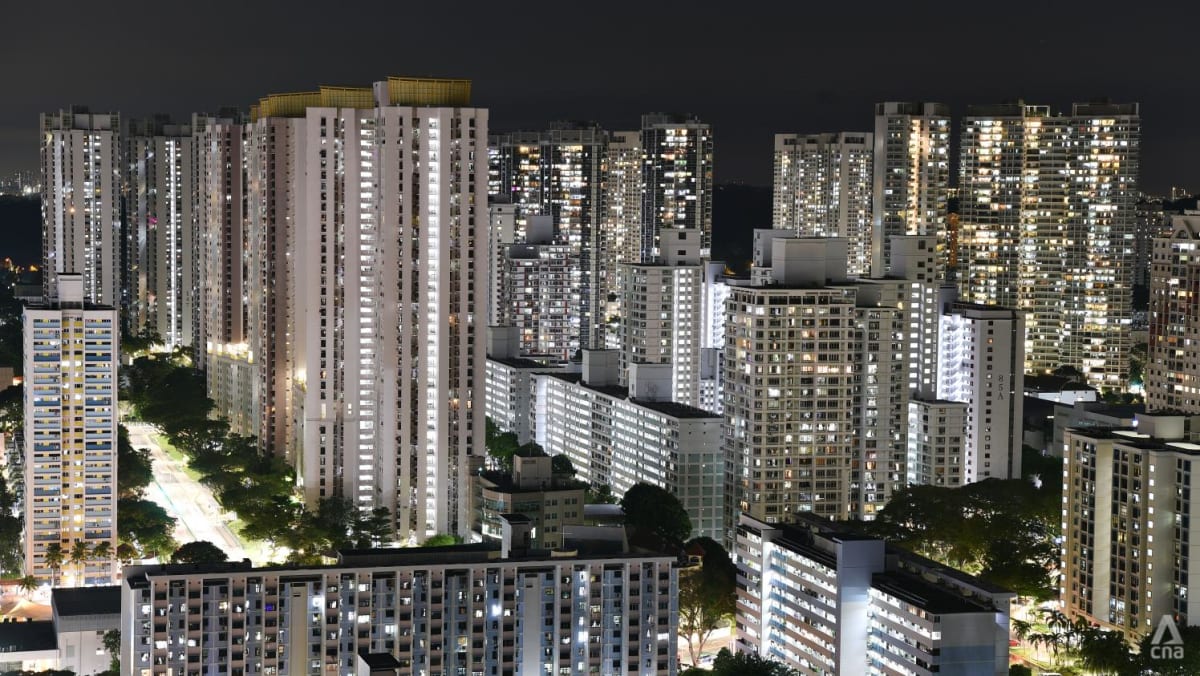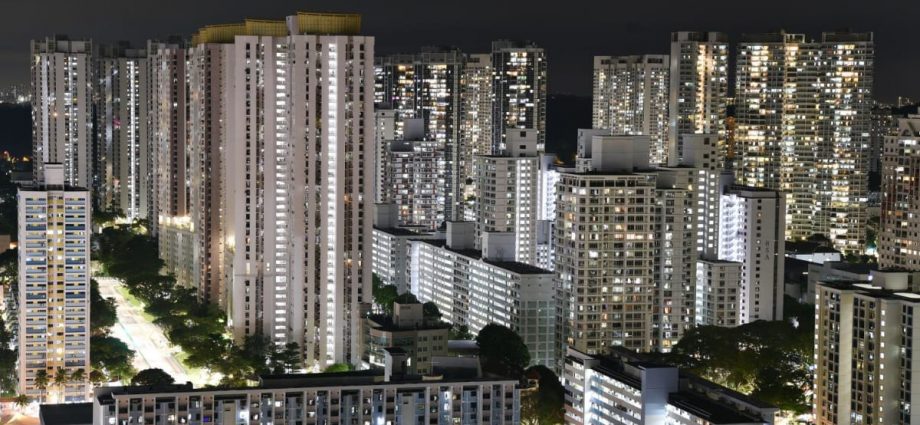
Singapore’s electricity mix currently comprises less than 3 per cent of renewables, according to the Energy Market Authority (EMA). Though 95 percent of electricity is produced from imported natural gas, diversification of gas suppliers have enhanced energy security, providing more stability to generate the baseload requirement of electricity.
In addition, Singapore’s entire electricity grid is located underground. Unlike Japan, which have transmission grids hanging above ground surfaces, Singapore’s power lines are more resilient to natural hazards caused by extreme weather conditions such as high winds or torrential rains.
Looking beyond just Singapore, Southeast Asia collectively has sufficient energy resources. Therefore, mutually agreed energy cooperation and security frameworks are important among ASEAN member states to ensure a stable management of the energy equation within the region.
Hence, electricity rationing is not a highly probable scenario within this context. So why conduct such an exercise that is highly disruptive in nature to economic and social development?
It could be argued that an electricity rationing exercise can possibly instil greater awareness and resilience among its society, like the food and water rationing exercises held in the 1960s.
But electricity is different in how fundamental it has become in all aspects of society, to sustain our homes and fuel our industries. A one-day exercise would also disrupt our work and productivity, while not being realistic of an actual supply crisis which could go on for months – especially when infrastructure is affected.

